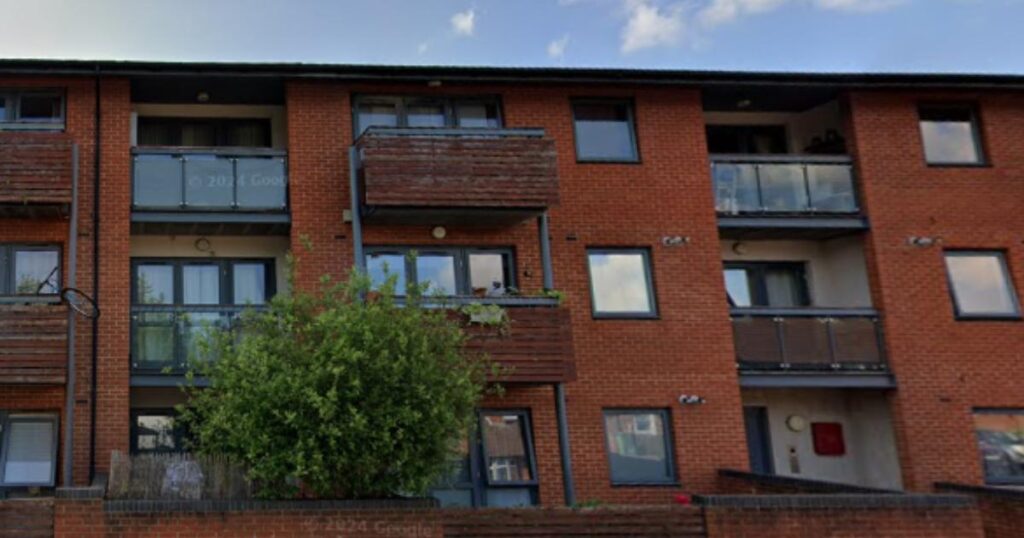While many pubs enjoy popularity among locals, the St Helier Arms at 299 Middleton Road earned a very different kind of reputation.
In 1937, the St Helier Arms opened to serve the new St Helier estate.
The London County Council had leased the land – then the capital’s main governing body – to the Improved Public House Company, which aimed to create pubs with a more respectable image.
The building even included a tearoom, reflecting efforts to promote sober, community-friendly socialising for residents moving into the new estate.
The Independent article detailed how the pub declined over the years.
By the 1970s, it had started to attract trouble, forcing the brewery to shut it down for a year because they couldn’t find anyone to run it.
In the 1980s, a Welshman named Alvin Williams stepped in and managed to keep things calm for a time.
But after five years, he’d had enough and walked away.
A man named Carlo Spetali then took full control of the pub, but things only escalated further.
In 1992, a man who had worked with Alvin Williams was shot at point-blank range by one of the bouncers.
The murderer and his associates then dismembered the body in a gruesome fashion.
Shockingly, Spetali referred to two of the men involved as “keepers of the peace” at the pub.
After 1992, a violent scene saw two men being attacked with a stiletto knife and a pool cue.
By Spring 1994, the pub had its licence revoked for the last time.
The site was demolished in 1996 and was replaced by flats.
The Independent interviewed locals to get their views on the pub’s closure, and unlike with most pub closures, residents were glad to see it go, with many even suggesting that a police station would be a better use for the site.
The story of the St Helier Arms now features in London’s Lost Pubs (£20 Pen and Sword), a newly released book by author Sam Cullen.
The book chronicles over 200 pubs that have vanished from London in the past 25 years, using a wealth of reviews, guides, and personal memories to revive their histories.
Cullen said: “As much as it’s sad that these pubs don’t exist anymore, I wanted to make sure they are not lost to time by telling their stories, their history, and some of the quirky characters who drank in them.
“Pubs can tell you so much about social and cultural history.
“The book is a celebration of pubs that existed as a vehicle for looking at aspects of London life.
“My criteria for inclusion were that they closed within the past twenty-five years, and there was an interesting story to tell.”
Although the St Helier Arms is no longer standing, its unpopular legacy endures in the memories of those who experienced it, and now, in the pages of Cullen’s book.




